Israel strikes five towns in south Lebanon. Lebanon’s state-run National News Agency reported a strike on Mais al-Jabal, a border town ravaged by the war last year between Israel and Hezbollah, where the health ministry said one person was injured.
Strikes also hit the towns of Debbin, Burj Qalawiya, Al-Shahabiya and Kfar Tibnit, the roads out of which were full of people fleeing ahead of the attacks, NNA said.
An AFP journalist near Debbin saw clouds of dark smoke rising from the town after the strikes.
Israel has kept up its strikes on southern Lebanon despite a truce signed in November that ended more than a year of hostilities and two months of open war with Hezbollah.
It has also maintained troops in five locations in the south of Lebanon it deems strategic.
Lebanese President Joseph Aoun condemned the attacks and “the silence of the countries who had sponsored” the ceasefire, which he said “encourages further aggression”.
“The time has come to put an immediate end to these blatant violations of Lebanon’s sovereignty,” he said.
The Israeli military said it struck several weapons storage facilities belonging to Hezbollah’s elite Radwan force in southern Lebanon.
It said it would “continue to operate to eliminate any threat” to Israel.
The Israeli military had issued calls telling residents of the five southern towns to evacuate “immediately”, saying it would strike Hezbollah targets.
Ahead of Thursday’s strikes, Lebanese Prime Minister Nawaf Salam had called for “maximum pressure” on Israel to stop its attacks on his country.
Hindering Hezbollah disarmament
The latest Israeli strikes came a day after Hezbollah commemorated a year since Israel blew up hundreds of pagers and walkie-talkies used by its members, killing dozens and wounding thousands.
Israel and Hezbollah had already been engaged in cross-border fighting for nearly a year before the pager attack, which was one of a series of blows that drastically weakened the Iran-backed group, formerly Lebanon’s most powerful political force.
Under U.S. pressure, Beirut has ordered the Lebanese army to draw up a plan to disarm Hezbollah in areas near the Israeli border by the end of the year.
Foreign Minister Youssef Raggi said last week that Lebanon’s army would fully disarm the Iran-backed group near the border within three months.
But the army, which said Thursday’s strikes brought Israel’s ceasefire “violations” to 4,500, said the attacks risk slowing down Hezbollah’s disarmament.
“These assaults and violations obstruct the army’s deployment in the south, and their continuation will hinder the implementation of its plan starting from the area south of the Litani River,” the army said in a statement.
Hezbollah lawmaker Hassan Fadlallah said “the renewed Israeli aggression on southern villages will not push our people to surrender or abandon their land”.
#Hezbollah, which has rejected Beirut’s plan, is currently preparing to commemorate the death of its leader Hassan Nasrallah, who was killed in an Israeli strike on Beirut’s southern suburbs in late September 2024.
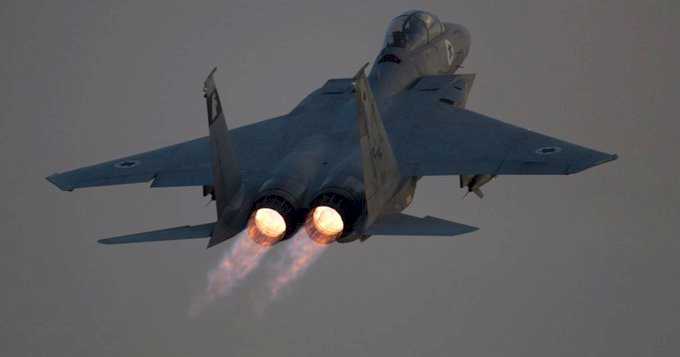

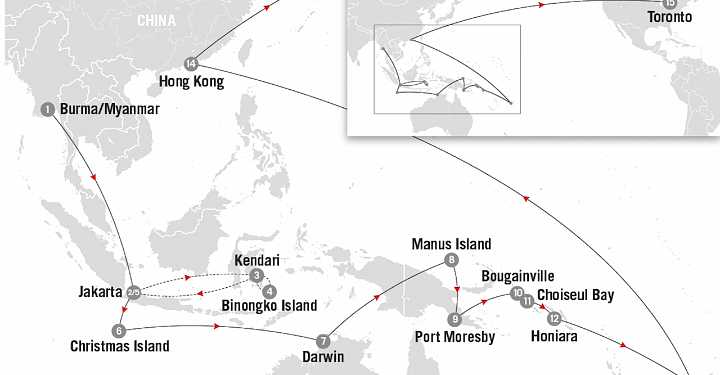


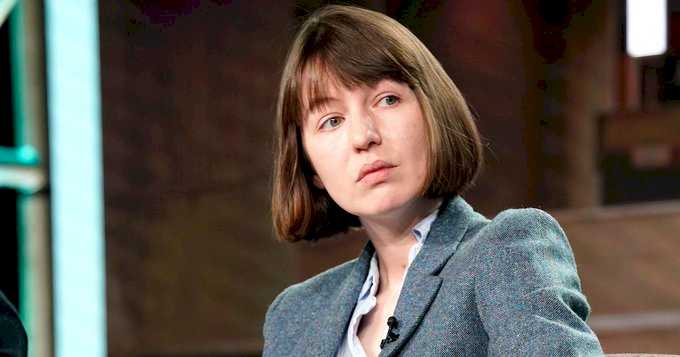
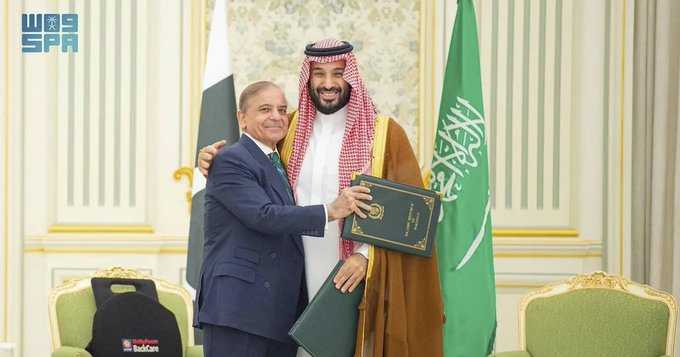
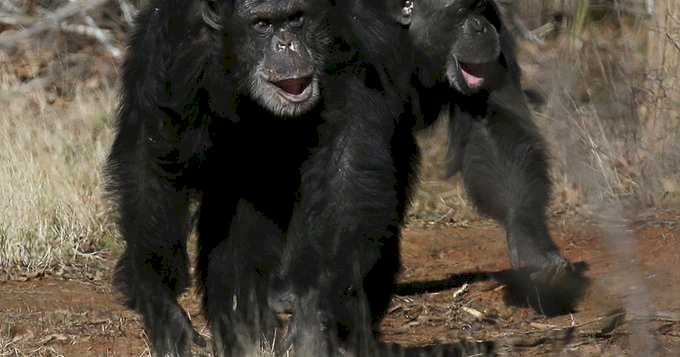
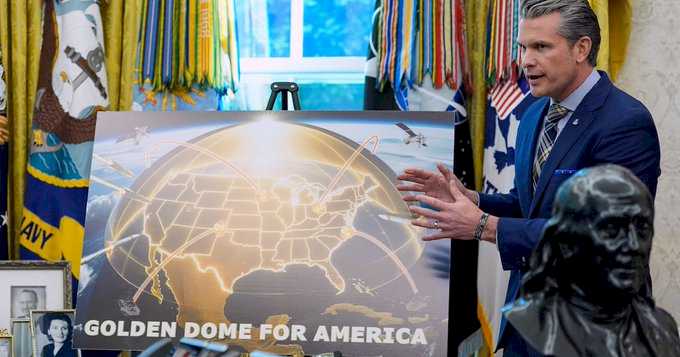

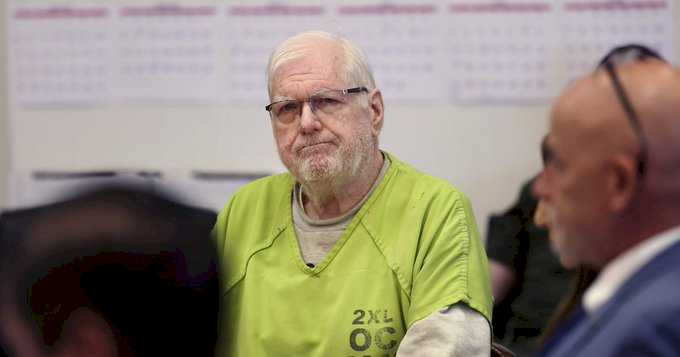
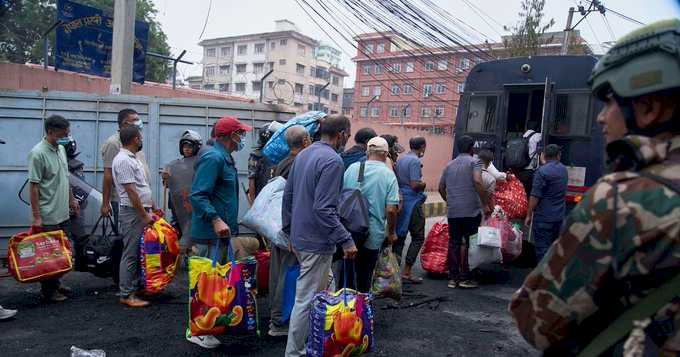
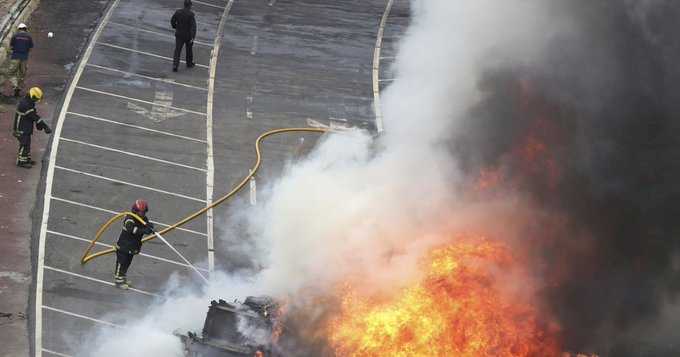
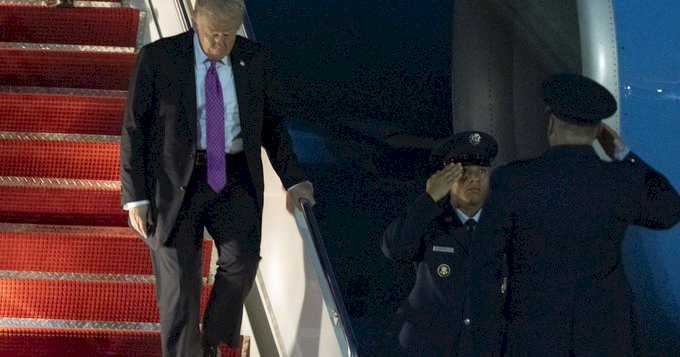

Global News on Umojja.com